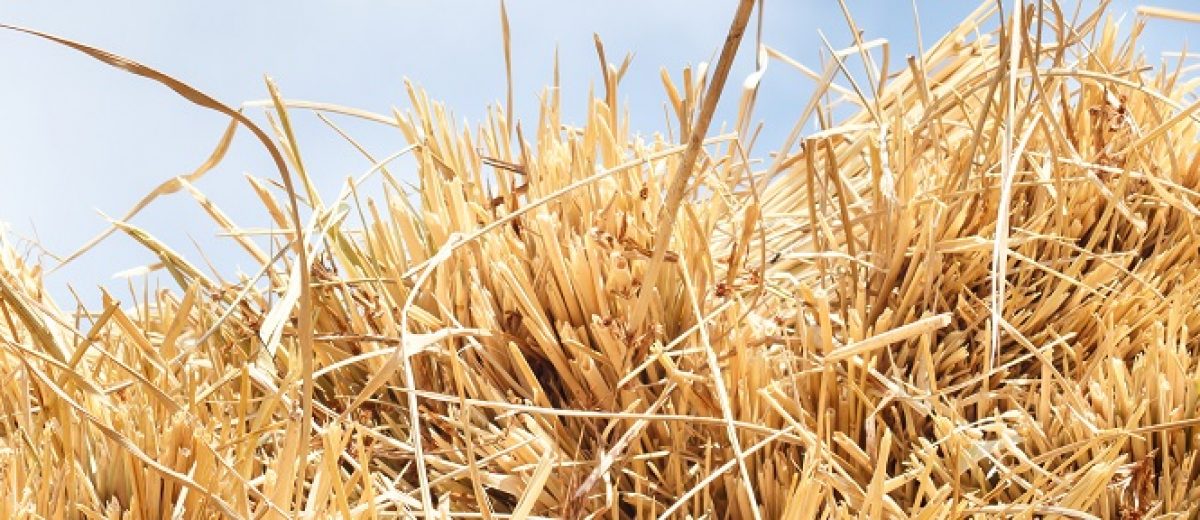Aston University, England researchers are tackling the challenge of converting inedible rice straw into next-generation biofuels, potentially offering a sustainable alternative to conventional fuels.
The team, led by Dr Alfred Fernandez-Castane, senior lecturer in biochemical engineering at Aston University, and Marie Curie fellow Dr Longinus Igbojionu, will explore cleaner and more cost-effective methods to extract energy-containing molecules from rice straw over a two-year period as part of a project .
Currently, biofuels often rely on sugar crops like sugarcane, raising concerns about competition with food production. Rice straw, however, emerges as a promising alternative as it doesn’t impact food security. Dr. Alfred Fernandez-Castane explains: “Rice straw is usually burned in fields, creating waste and pollution. Our project aims to extract its energy-containing molecules for cleaner and cost-effective biofuel production.”
The project is aiming to address a scientific challenge;to make the process sustainable and scalable by implementing measures such as recycling wastewater and exploring the possibility of using the by-product of yeast for animal feeds. These steps will help to minimize CO2 emissions by reducing the burning of straw and decreasing the amount of farmland required for growing energy crops. This will contribute to combating global warming and protecting global food security by minimizing the competition between growing crops for food or fuel with current crops such as sugarcane and sugar beet, which are primarily used for biofuels and biobased chemicals production today and raise major concerns about food security.






